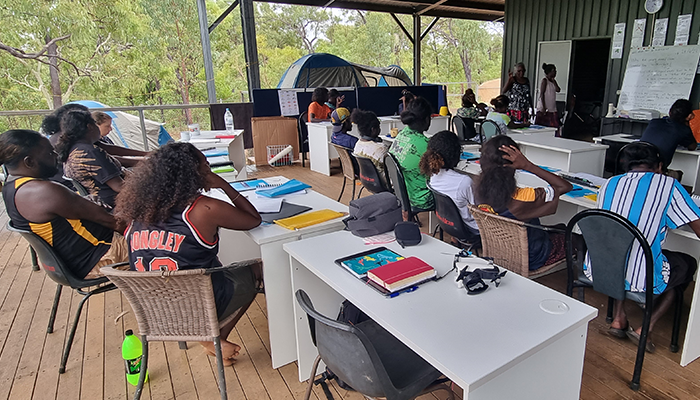Understanding the social consequences of rapid economic development in South-East Asia
Associate Professor Lyttleton is a lecturer and researcher in the Department of Anthropology. He has a long-term interest in how introduced ideas change behaviour at a social and cultural level. A key area of his research focuses on the social consequences of rapid economic development in South-East Asia, infectious diseases and the social impact of HIV/AIDS, sexuality, social suffering and health vulnerability amongst migrants and minority groups.
His recent research looks at the spread of modernising values and the types of interpersonal relationships they inform, and how crucial they are to the way new economic formations and market expansion shape the social landscape in South-East Asia. The purpose of this research is to bring attention to how development, mobility and contagious diseases combine to produce a complex environment of risk for people enticed to 'pursue the good life' and how this might be addressed within health interventions.
To gain more insight into his research, we asked Associate Professor Lyttleton a few questions.
What is your current research project about?
Broadly speaking, it is about migrant health in mainland South-East Asia. It is based on the notion that health security, as part of global health strategies, requires clear understandings of how health is impacted within the migration process. Around five million people leave home in the Greater Mekong Sub-region to search for opportunities to make a better life for themselves and their families. Much of my research has examined circumstances migrants and mobile populations find themselves in or around border areas. These are often special zones established to foster economic growth and benefit from incoming flows of mobile labour. It is here that we find an intense mix of aspirations, entrepreneurialism, transgression and exploitation affecting people’s choices that in turn, have very specific health impacts. My most recent focus in this context is the volatile outbreaks of malaria that emerge as villagers enter forests in search of endangered timber.
Why did you decide to conduct this research?
It fits with my long term interests in development, social change and complex choices people make in order to be active players in market economies.
At what stage is the research at?
Ongoing; I have recently conducted fieldwork in key Thai/Cambodia/Myanmar border areas that examines threats that malaria outbreaks pose to health security.
Are you applying any innovative methodologies in your research?
I carry out ethnographic research that entails close engagement with affected communities. It provides a crucial link in understanding community responses and the impact of donor programs aimed at containing drug-resistant malaria.
What benefits does your research provide to the community?
It provides a perspective where close-hand details of migrant experiences are central to ways we understand health security at a global level. In regards to malaria there is an opportunity for findings to inform donor-driven elimination strategies in specific affected border communities which, if effective, will reduce disease burden both locally and at a global level.
More about Associate Professor Chris Lyttleton
Over the past 25 years Associate Professor Lyttleton has worked with a large number of organisations including UN agencies, AusAID (now under DFAT), Asian Development Bank, and various NGOs on programs such as drug dependence (opium), lessening threats to infectious disease (sexual health and malaria) and assessing modernisation’s impact on livelihood choices (infrastructure development).



